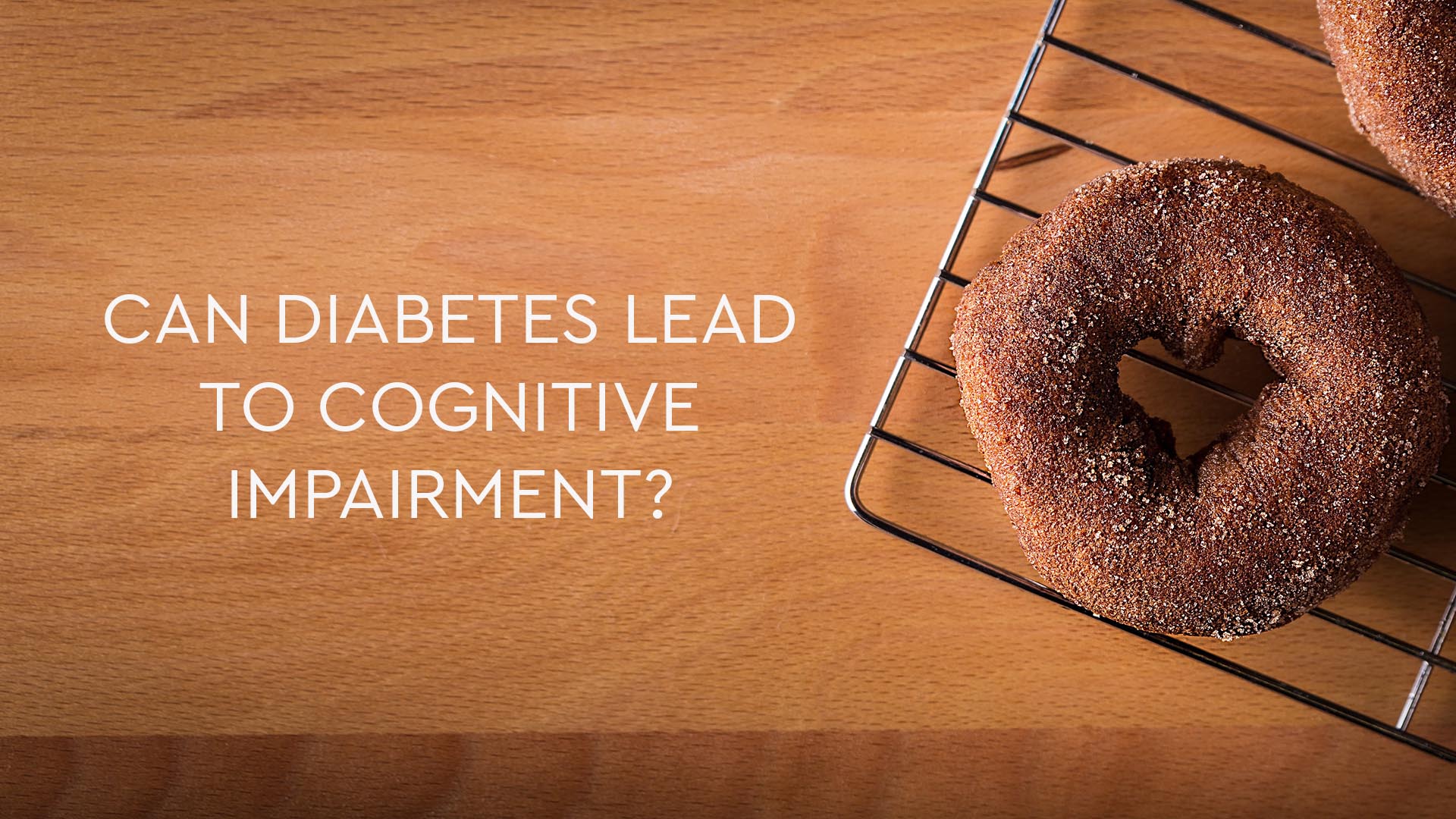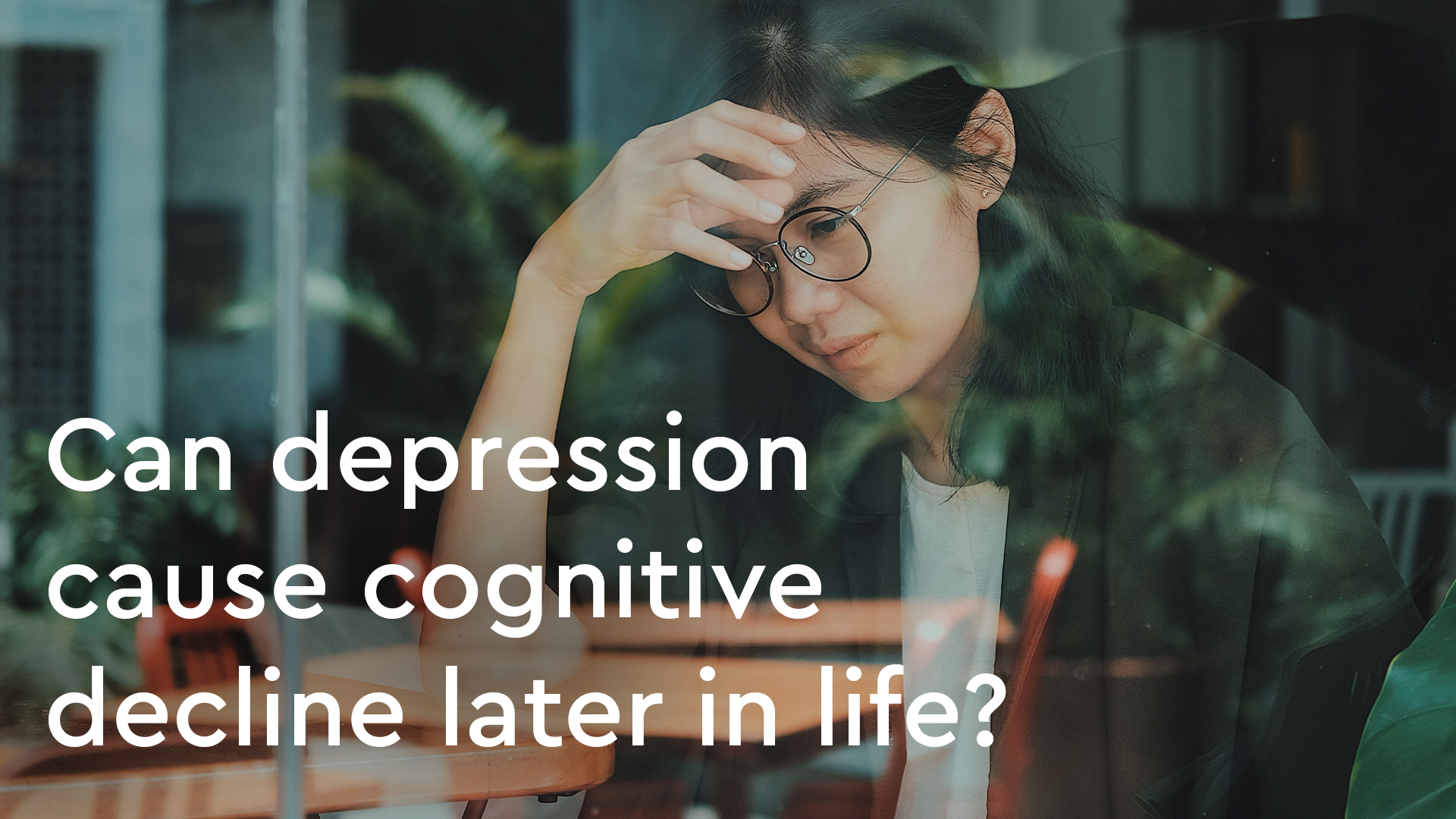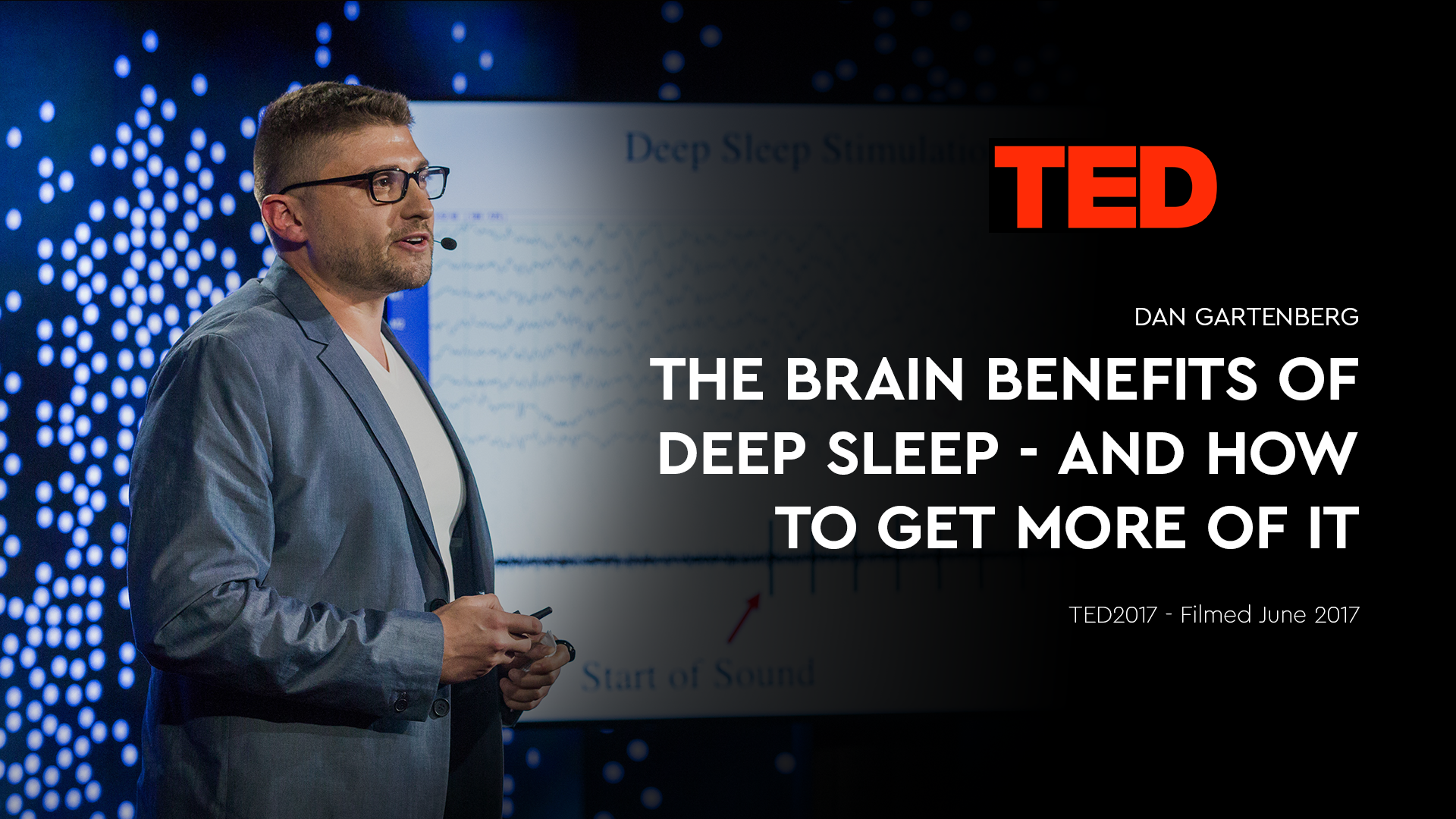01 Jul Nutrition Tips for a Healthy Brain
Explore nutrition for brain health13 Jan Why you need sugar for a healthy brain
Sugar plays a crucial role in our brain health and cognitive function. However, too much can be detrimental to our health. So let’s break it down. What is the relationship between sugar and brain health, and how much is too much?13 Jul Dementia Care in First Nations Elderly
For years, researchers and medical professionals have studied the outcomes of brain injury care in order to identify critical factors that influence a patient’s recovery. Two such factors that have been examined to contribute to this include race and culture. Previous studies have shown that race may influence treatment outcomes post injury. This can be caused by service quality and quantity disparities, comprehension of injury and treatment processes, cultural expectation discrepancies, and differing perspectives about the impact of a health condition and its impact on an individual. In many studies, American Indian and Alaska Native populations are excluded or grouped into other racial categories, causing little to be known about the impact of traumatic brain injury (TBI) in these communities. Because of this, these populations have not been able to receive the same level of care as other groups.05 Apr The Power Of The Berry – 6 reasons berries can help your health
If you live in the northern hemisphere, you are probably familiar with the drastic change of seasons. With the switch from the summer to the fall comes not only cooler weather, but less daily sunlight. This may cause people to experience seasonal affective disorder, or SAD, which is a type of depression caused by the change of seasons and the decreasing daily sunlight available. Decreased daily sunlight is also linked to vitamin D deficiency, which can also contribute to decreased mood during the colder months. In this blog post, we discuss what seasonal affective disorder is and what you can do to stay well during the fall and winter seasons.04 Feb Can Depression Cause Cognitive Decline?
We know that mental health plays an important role in our physical and cognitive health in the present, but it also may impact us later in life. Depression is a common psychological disorder that everyone will experience at some point in their lifetime. However, chronic depression or long-lasting depression may have devastating effects to our cognitive health in our later years. In this blog post, we discuss whether depression can cause cognitive decline in old age.13 Nov How Does Fiber Affect The Brain?
Clinical professionals and researchers alike recognize the role of nutrition on the brain and mental health. One nutrient that is still mysterious is fiber, a necessary carbohydrate that helps us feel full and stimulates digestion. Fiber is obtained from eating whole fruits and vegetables, as well as consuming whole grains such as brown rice, quinoa, and farro. In this blog post, we discuss how fiber affects the brain and why you should try to get more fiber in your diet.01 Oct TedTalk – The Benefits of Deep Sleep
Poor sleep habits can be linked to diseases such as Alzheimer's and Diabetes, but how does sleep affect our mental state? Dan Gartenberg explains how sleep deprivation impacts our health and well-being. His research focuses on deep sleep and how it is a significant part of our biological youth. In his talk, he unfolds the importance of deep sleep and how it can create a significant positive impact.18 Aug Let’s Talk About Post-Stroke Depression
Experiencing a stroke is a major life event. A stroke may cause someone to lose cognitive and physical abilities, such as not being able to communicate or use one side of their body. Depending on where the lesion occurs, some people may experience the inability to control their emotions which can cause them great distress. Depression post-stroke is very common, owing to different factors. In this blog post, we discuss the frequency, factors, and potential remedies for post-stroke depression.18 Jan Improving Older Adults’ Mood with Food
The role of nutrition on brain health is a growing area of research. In elderly people, little research has been conducted on dietary patterns. But that doesn’t mean the dietary patterns from younger individuals cannot be implemented into older adults. There are two main types of dietary patterns, healthy and unhealthy. Healthy dietary patterns are those that consist of regular consumption of healthy fats, lean proteins, antioxidant rich foods, and fiber from fruits, vegetables, and whole grains.- 1
- 2











